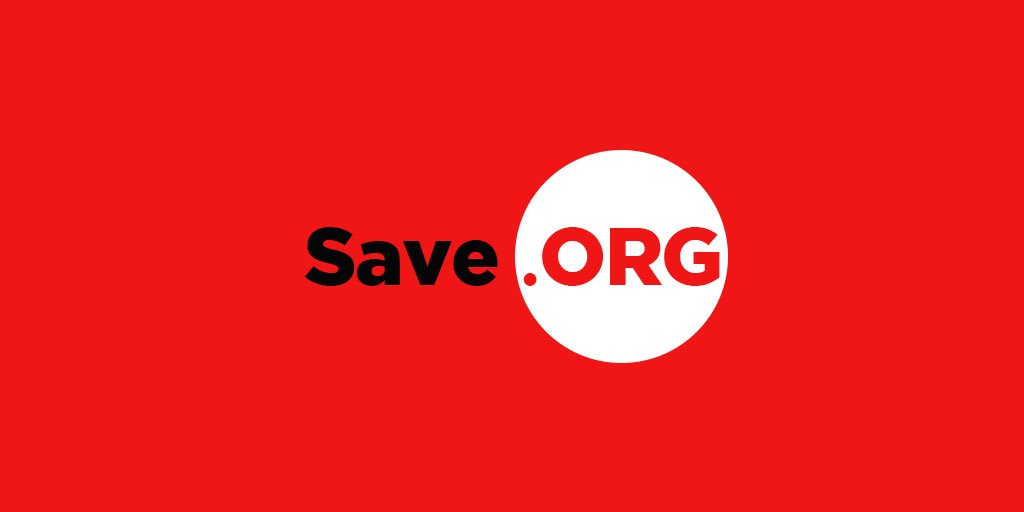
Making matters worse, social media companies — like FB, Twitter, Instagram, and TikTok — are censoring Palestinians as they face military violence and evictions from their homes.
But why?
As part of our TL;DR series, we explain below 🧵 #SavePalestine #SaveSheikhJarrah #الاقصى
But why?
As part of our TL;DR series, we explain below 🧵 #SavePalestine #SaveSheikhJarrah #الاقصى

Since 1967 the state of Israel has occupied East Jerusalem, where Sheikh Jarrah residents have been peacefully protesting against forced evictions.
In the past 2 weeks, Israeli police violence/crackdowns have escalated. Nearly 200 Palestinians have died.
aljazeera.com/news/2021/5/17…
In the past 2 weeks, Israeli police violence/crackdowns have escalated. Nearly 200 Palestinians have died.
aljazeera.com/news/2021/5/17…
Palestinian activists and citizens are primarily using social media to draw global attention.
People have taken to social media to document and denounce Israel police brutality, violent attacks, occupation and apartheid, and forced dispossession from their homes.
People have taken to social media to document and denounce Israel police brutality, violent attacks, occupation and apartheid, and forced dispossession from their homes.
But Access Now has received hundreds of reports that social platforms are suppressing Palestinian protest hashtags, blocking livestreams, and removing posts and accounts. It appears systematic:
accessnow.org/sheikh-jarrah-…
accessnow.org/sheikh-jarrah-…
Last week, for example, Instagram restricted the hashtag #AlAqsa when Israeli forces invaded the mosque during Ramadan:
buzzfeednews.com/article/ryanma…
buzzfeednews.com/article/ryanma…
We’re not only seeing the censorship of civilians — but of journalists, too. On May 11, Twitter "accidentally" suspended @MariamBarghouti, who was on the ground reporting on protests in the West Bank: vice.com/en/article/qj8…
Facebook (which owns Instagram) and Twitter have apologized, but haven't provided any real explanations.
They attribute the censorship to “technical errors.” Activists say it’s deliberate.
They attribute the censorship to “technical errors.” Activists say it’s deliberate.
https://twitter.com/marwasf/status/1390796558170562561
Beyond content and account takedowns, many social media companies are — intentionally or not — making decisions that are harming Palestinian lives.
For example, @samfbiddle recently obtained Facebook's (very vague) internal policy on when to delete FB/Instagram posts containing the word "Zionist." The company previously told Access Now’s @marwasf that this policy didn’t exist.
theintercept.com/2021/05/14/fac…
theintercept.com/2021/05/14/fac…
As @josephcox reports, Google refuses to say if it will update its blurry maps of Gaza. Without high-res imagery, it’s harder to verify what is happening on the ground:
vice.com/en/article/m7e…
vice.com/en/article/m7e…
It doesn’t matter if these actions are unintentional or technical glitches. Tech companies have had more than enough time to restore accounts/posts, address these issues, or, at the very least, provide concrete explanations.
change.org/p/facebook-sav… @SMEX
change.org/p/facebook-sav… @SMEX
These content/account takedowns are part of a wider pattern of censorship of Palestinian and allied voices and systematic efforts to silence them.
Civil society organizations have documented this for years.
7amleh.org/2020/06/07/sys…
Civil society organizations have documented this for years.
7amleh.org/2020/06/07/sys…
We demand that social media companies immediately stop censoring and reinstate the accounts and content of Palestinian voices. These companies must open transparent investigations into these takedowns, and publicly share their findings.
Social media companies need to involve civil society, and take their roles seriously. Too much is at stake.
Tune in here at 3:30pm ET to learn more:
Tune in here at 3:30pm ET to learn more:
https://twitter.com/accessnow/status/1394338653325955072
• • •
Missing some Tweet in this thread? You can try to
force a refresh








